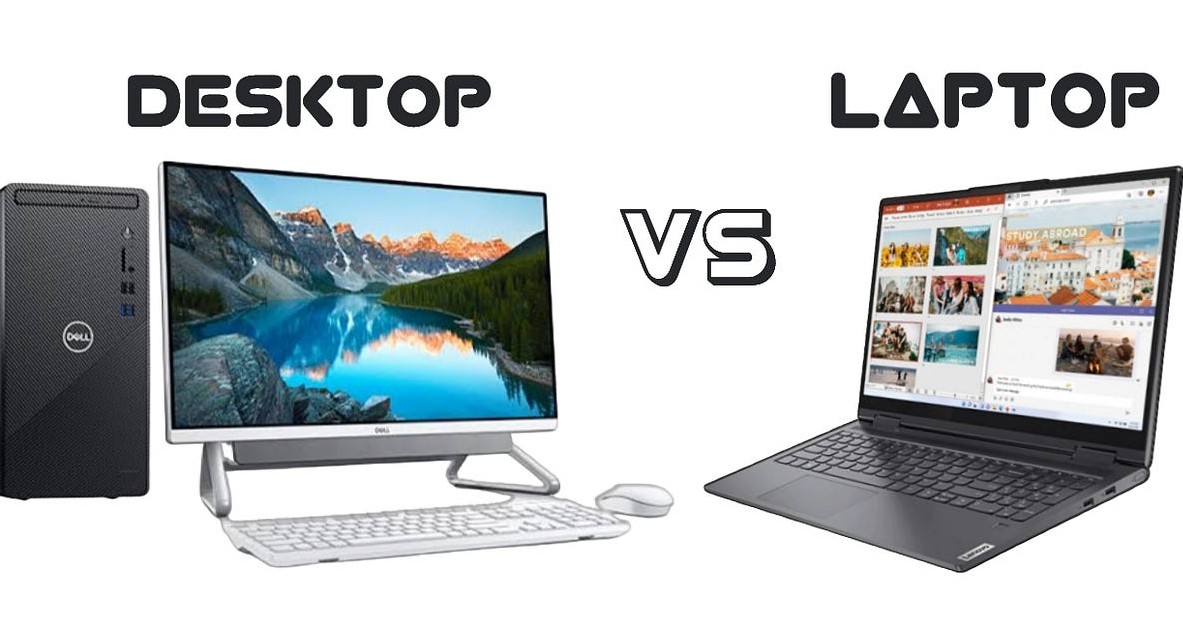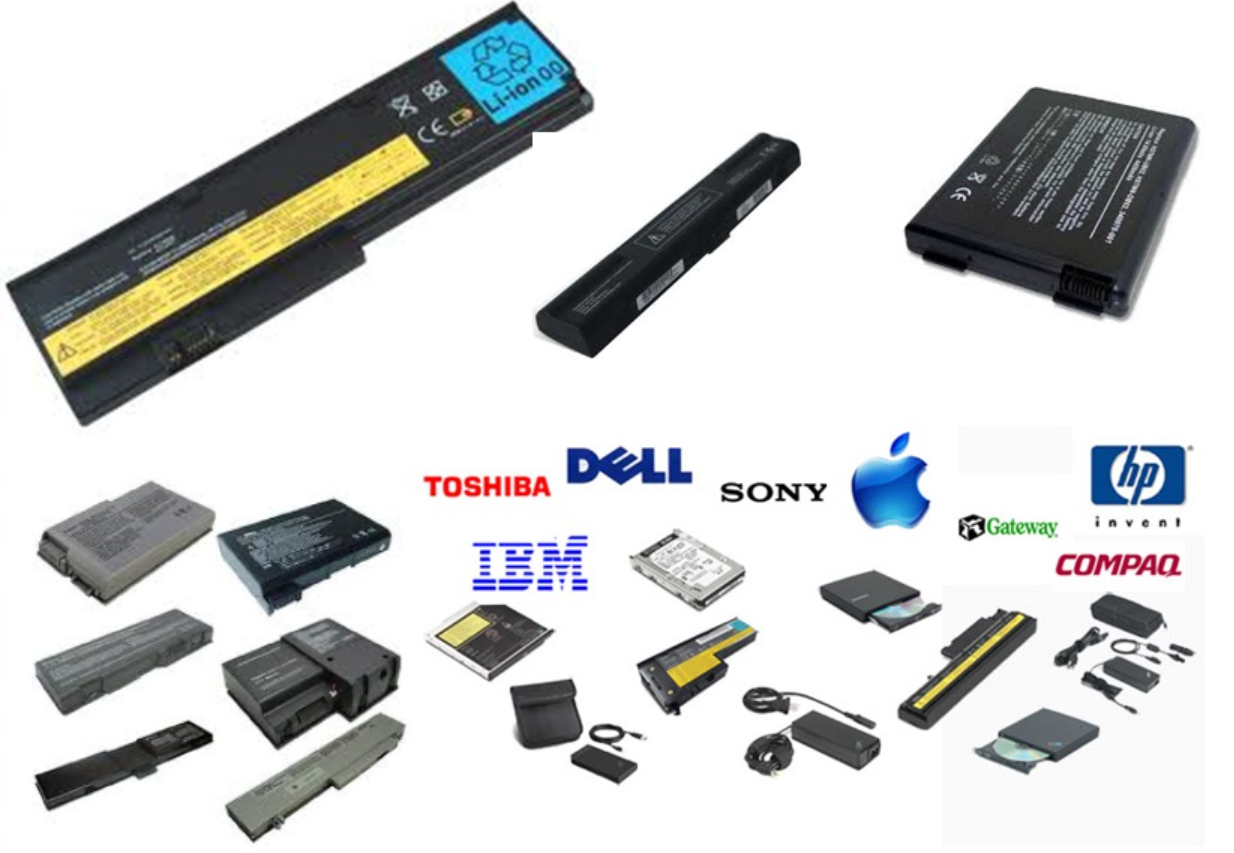220-1201 (PM) Ch01.1 Laptop Hardware
1/3
There's no tags or description
Looks like no tags are added yet.
Name | Mastery | Learn | Test | Matching | Spaced | Call with Kai |
|---|
No analytics yet
Send a link to your students to track their progress
4 Terms
220-1201 (PM) Ch01.1 Laptop Hardware
001 Mobile Devices - Laptop Hardware Overview
Hardware components include the display, keyboard, touchpad, battery, and motherboard. These elements work together to provide a portable computing experience. They are engineered to precise specifications, sometimes making them challenging to repair.
An ongoing learning process and repair details vary between laptop manufacturers.

220-1201 Core 1 (PM) 1.2 Mobile Devices - Laptop Batteries
These are rechargeable power sources specifically designed for laptops, providing mobility and allowing devices to operate without being plugged into a power outlet. Battery specifications and longevity can vary significantly among models.
May be easily replaced (modular) or require a full teardown. Comes in two flavors. Lithium-Ion (Li-ion) and Lithium-Ion Polymer (LiPo)
Both have no “memory effect” where at each time your charging, it diminishes the capacity. Different form factors for each laptop, but LiPo is more flexible in shape than Li-ion.

220-1201 Core 1 (PM) 1.2 Mobile Devices - Laptop Battery
Lithium-Ion (Li-ion)
High Energy Density meaning higher capacity, more energy storage for the same weight/volume. slow charging with overcharge protection. Consistent power output with low self discharge rate providing long life cycle. Preferred for longer flight times. More expensive and are generally considered safer and heavier because of their multiple hardness layer protection. Best for consistent power like electric vehicles, and laptops.
1.1-004 Mobile Devices - Laptop Battery
Lithium-Ion Polymer (LiPo)
High Energy Density which stores more energy per unit of weight, are flexible in shape/size to fit various form factors, high discharge rates for rapid bursts of energy, higher self-discharge rate retaining lesser charge for longer periods. Lighter in weight, susceptible to physical damage due to flexibility increasing risk of punctures and subsequent fires. Lacks the multiple hardness of protection layers found in Li-ion batteries. Best for Power Banks, smartwatches and wearable health trackers.